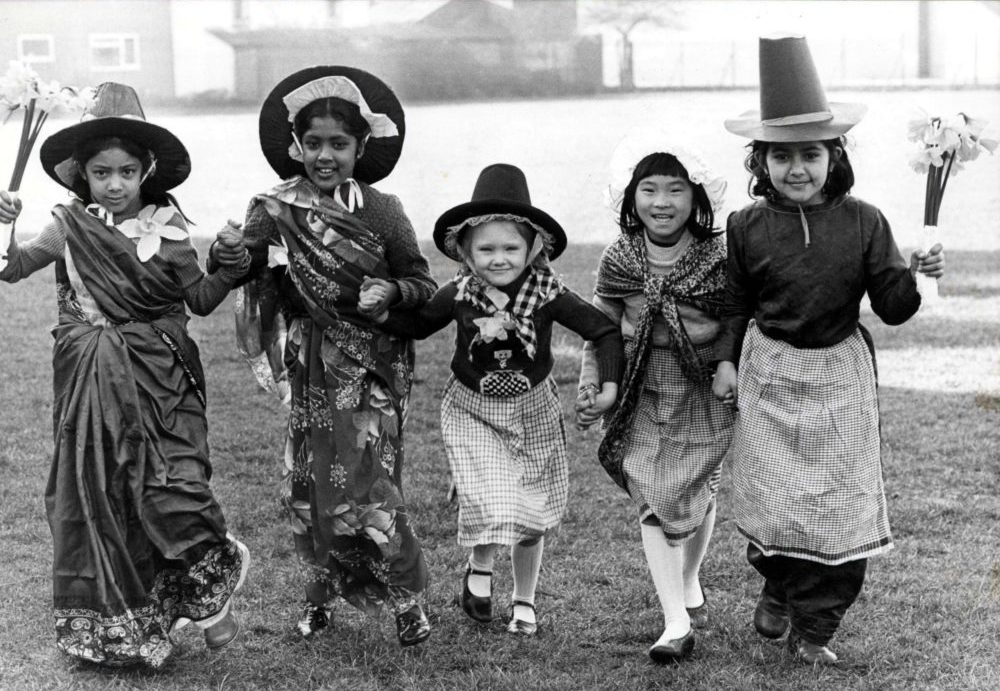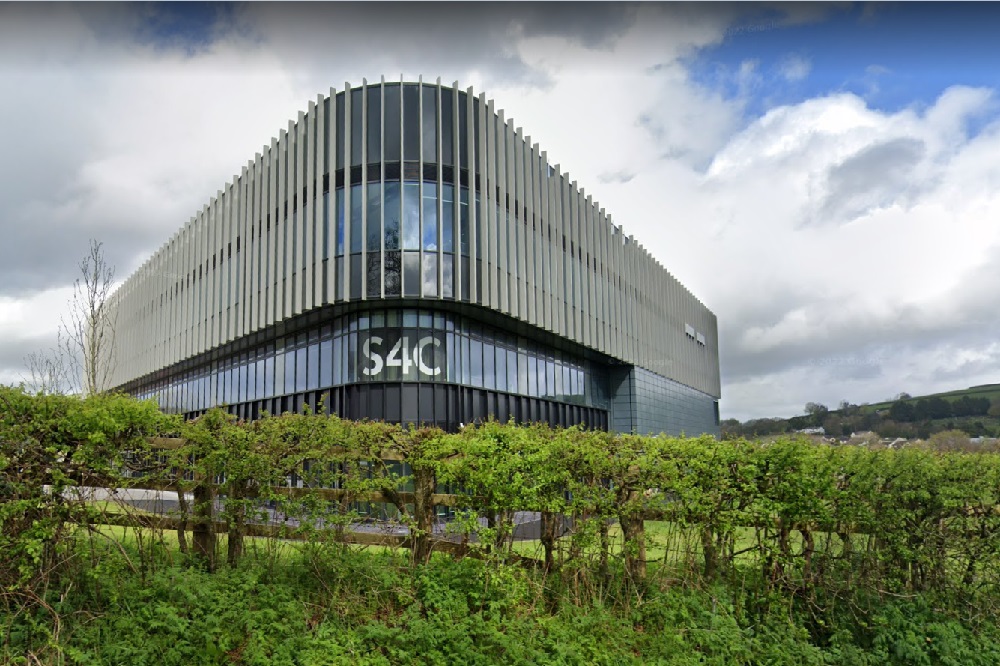‘Accentism’ and the fascinating history of the Cardiff Welsh accent

Dr Ianto Gruffydd Research Associate in Sociolinguistics at Cardiff University
This article is based on the findings of a doctoral thesis funded by the Coleg Cymraeg Cenedlaethol
Accents have had a great deal of attention in the mainstream media following The Guardian’s report on accent discrimination, or accentism, in the UK, which shed light on the experiences of students from places such as Northern England and Essex who are treated less favourably at University due to their accents.
More recently, there have also been articles in The Conversation discussing accents. One article looked at the decision made by Rishi Sunak’s parents to send him to drama lessons to ensure he did not speak English in an accent influenced by his Indian heritage, the other looked at the disappearance of Cockney and Received Pronunciation (RP) among the young people of east London, with Estuary English and Multicultural London English taking their place.
Welsh middle class
In fact, something very similar happened to the Welsh language in Cardiff, with the disappearance of the Gwenetian dialect and the formation of the city’s new Cardiff Welsh dialect.
The arrival of the Welsh language media in the city during the 1960s and 1970s brought with it jobs that established a Welsh speaking middle class in the city, who flocked to the area from all over the country.
The growth of Welsh language education also attracted families who did not speak Welsh to attend Welsh language schools, from Ysgol Bryntaf in 1966 and Ysgol Glantaf in 1978 until today.
Those two factors brought with them a unique flavour to the dialect: the north-west ‘allan’ and ‘fyny’ on one hand, and the ‘weithiau’ (pronounced similar to “weithioi” [‘wɛiθjɔi]) and ‘nhw’ (“niw” [‘nju:]) influenced by English on the other hand.
Beyond that, there was also an element of invention, with Cardiff Welsh speakers producing the standard pronunciation ‘-au’ for word endings, which is not commonly heard in the more traditional dialects (which use the ‘-e’ or ‘-a’ ending).
Ridicule
It is likely some Cardiff Welsh speakers will be familiar with experiences of accent discrimination, with the accent often the subject of ridicule by many a language puritan over the years due to the influence of English on the accent and the speakers’ lack of ‘accuracy’.
But the fact of the matter is that different languages have always influenced one another and a lack of accuracy in spoken language is a reality for most of us.

It is possible these attitudes may be becoming less prominent, but it is likely that they led to the stigmatization of the accent or dialect.
My question is: where can Cardiff Welsh be heard today in contemporary Wales? Is it limited to the occasional evening show on Radio Cymru? Or when watching Gwennan Harries discussing the Welsh football teams a handful of times a year on S4C?
Ethnolect
In Sweden, several leading reporters appear on the national broadcaster SVT/SR using the new Rinkeby Swedish dialect. This is an ethnolect, not unlike Multicultural London English, that is spoken in Rinkeby in Stockholm where 91.2% of the population are immigrants.
SVT has a policy in its handbook that states:
“The language heard on SR reflects the entire linguistic society of Sweden. Dialects and other variations, derived from other languages, are part of the linguistic diversity that can be heard in Sweden. Our colleagues are free to use their own language as long as it is understandable”.
Stigma
In Wales, many S4C news presenters were born and raised in Cardiff, but they do not speak with the typical new accent. Why is this?
It is possible that the accent or dialect is not considered suitable or appropriate to be used in this context due to the stigma associated with it.
News presenters or reporters tend to speak in a more traditional accent or dialect. It is expected that traditional Welsh accents carry more prestige compared to a new accent such as Cardiff Welsh.

This raises another question regarding the inappropriateness of Cardiff Welsh beyond the specific news context discussed, as was noted in The Guardian’s report.
Is it possible that Cardiff Welsh speakers minimise or avoid the use of the accent in some contexts, due to the stigma associated with the accent that leads to a feeling that its speakers will be treated less favourably?
It is possible that the accent will eventually only be used in specific contexts, such as in school. This is known as diglossia.
As in the mainstream articles discussed at the beginning of this article, it is likely that the Cardiff Welsh accent or dialect’s lack of representation is due to a societal problem.
Increasing the representation on Welsh media programmes, as is seen in Sweden, would therefore be beneficial, especially considering the role this industry played in forming this new dialect in Cardiff.
This would show Cardiff Welsh speakers and other new dialect speakers in Wales that there is space for them in any context, and not only in school or as a young person.
In turn, improving this representation could lead to reducing the stigma and inappropriateness associated with Cardiff Welsh, and aim to tackle problems such as accent discrimination.
Support our Nation today
For the price of a cup of coffee a month you can help us create an independent, not-for-profit, national news service for the people of Wales, by the people of Wales.






Very different to the Newport accent. Coming from Newport I have often been mistaken as someone from Newcastle? Maybe something to do with the industry and steel workers coming and going ? I dont know
Really? Cardiff, Newport and Barry accents sound very similar to each other and are hard to differentiate if you’re not local to the area. None of them sound Geordie to me and there wasn’t a great deal migration from that area. I think that some Valleys accents can sound similar to Geordie but that’s more down to the vowel sounds that come from Cymraeg originally. In my opinion the accents of Cardiff and Newport tend(ed?) to be more of a blend that reflected the ancestry of the local population – a levelled mix of various southern Welsh accents , Gloucestershire/Somerset/Devon… Read more »